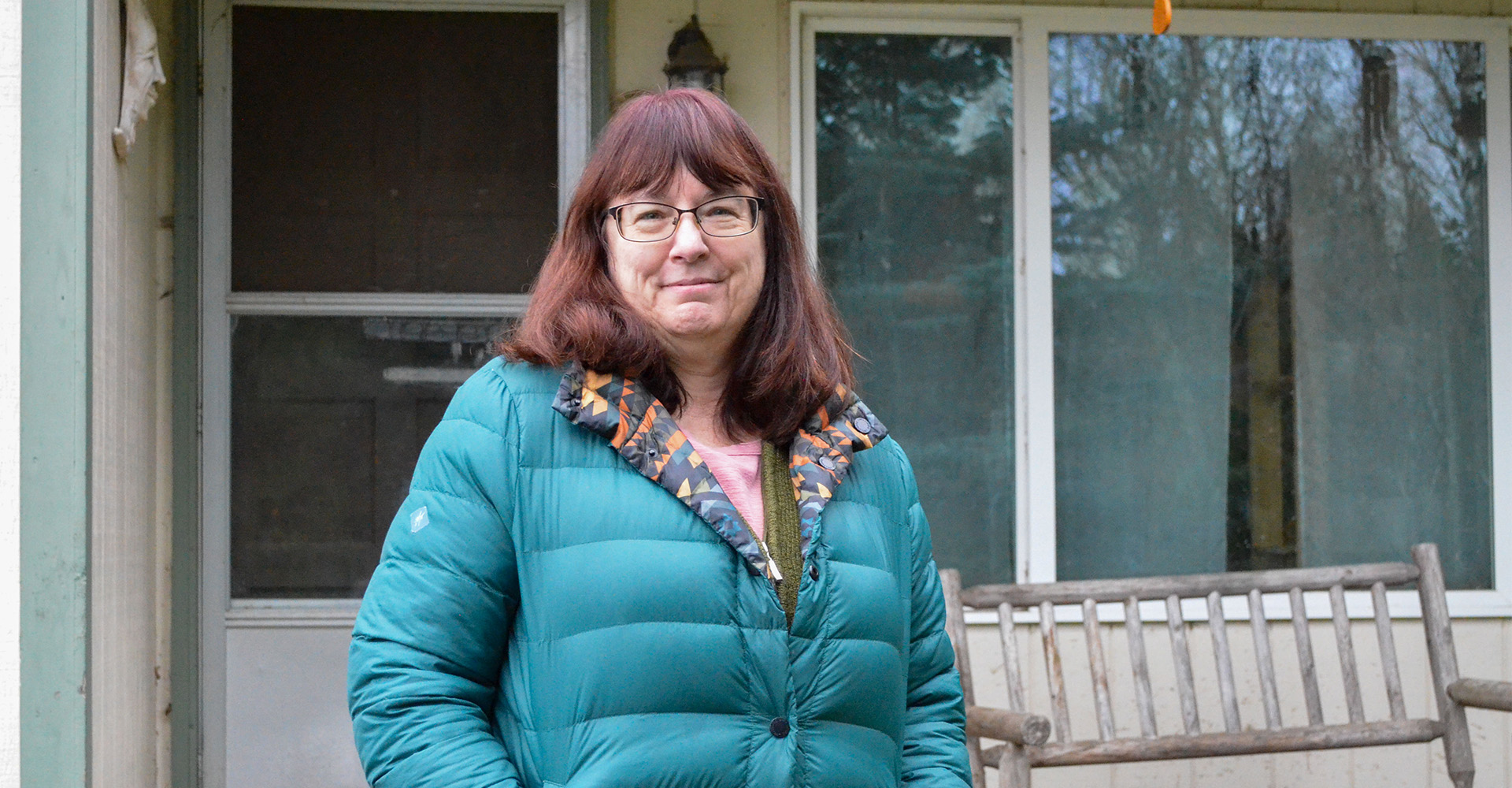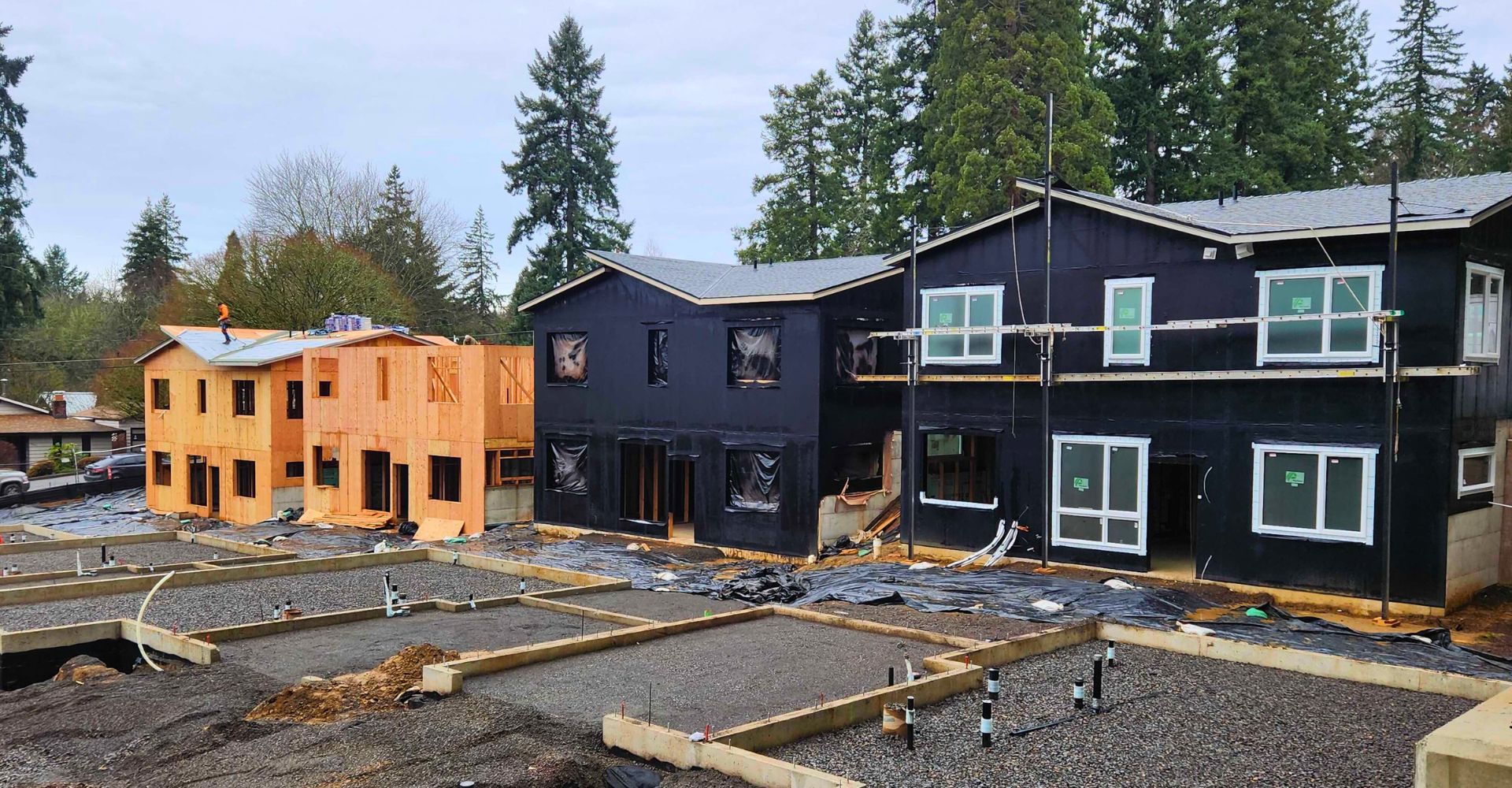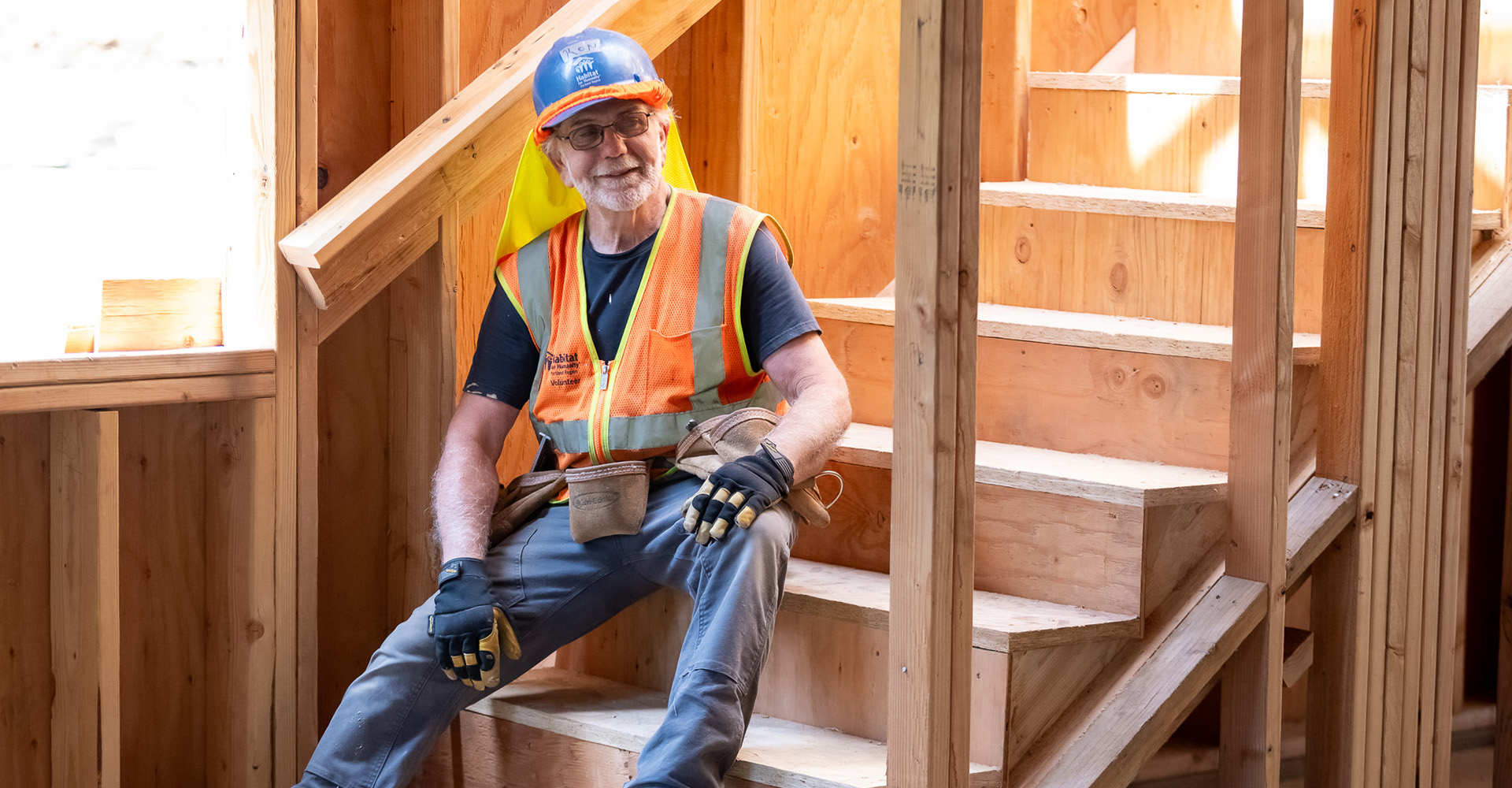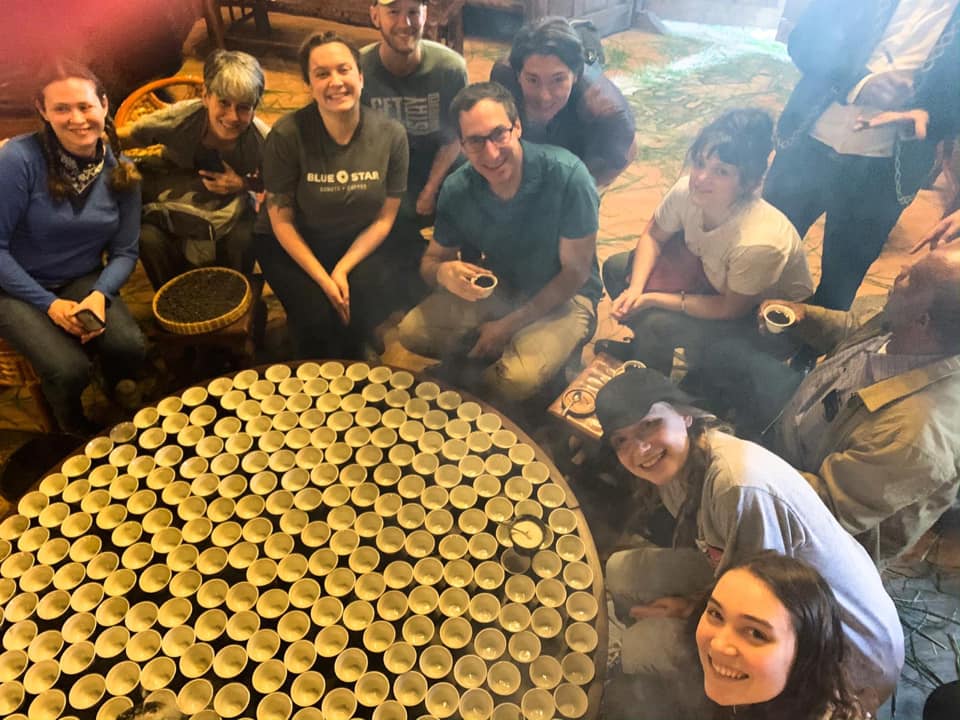
This year marks 10 years of the Portland community financially supporting Habitat Ethiopia and the milestone of $1 million sent to provide decent housing with access to safe water and sanitation for more than 2,000 people. It’s a Habitat tradition for each local Habitat organization to send 10% of what we raise to support our work in developing counties; Portland’s partner countries are Ethiopia and El Salvador. Each year we invite a team of Portland Habitat supporters and our staff to visit and help build with our partner Habitat countries.
Our first workday in Addis Ababa, Ethiopia was sensational. The smell of fresh, hand-ground coffee roasting over small fires from coffee ceremonies, the flurry of activity on the crowded streets through the slums as people get started with their day, and chanting from the locals over a loud speaker filled the air.
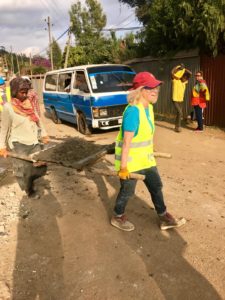 The poverty was also striking and overwhelming as well. Eighty percent of the capital city is considered slums: millions of people crowded into makeshift shelters without access to clean water and basic sanitation. At the Habitat Ethiopia orientation on Sunday, we learned that an estimated 70% of all the housing stock in the country is in need of total replacement. The job for our team of 15 Portlanders was to help build four latrine buildings each with two toilets and a separate kitchen to be shared by 28 families. The families include people with disabilities, single mothers, older adults with limited mobility, and lots of kids. Until now, they all went to the bathroom in a ditch near a stream next to their house – the same one that was used as their water source. I was struck by how big an impact these private, lockable toilets would have on more than 100 people’s lives, especially the women and girls, all for a few thousand dollars and some manual labor.
The poverty was also striking and overwhelming as well. Eighty percent of the capital city is considered slums: millions of people crowded into makeshift shelters without access to clean water and basic sanitation. At the Habitat Ethiopia orientation on Sunday, we learned that an estimated 70% of all the housing stock in the country is in need of total replacement. The job for our team of 15 Portlanders was to help build four latrine buildings each with two toilets and a separate kitchen to be shared by 28 families. The families include people with disabilities, single mothers, older adults with limited mobility, and lots of kids. Until now, they all went to the bathroom in a ditch near a stream next to their house – the same one that was used as their water source. I was struck by how big an impact these private, lockable toilets would have on more than 100 people’s lives, especially the women and girls, all for a few thousand dollars and some manual labor.
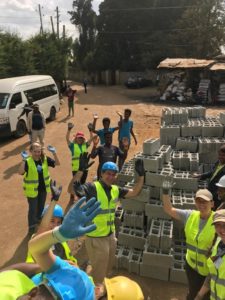
I’m sure I’m not the only one on our team that began questioning how much help we would be, and whether we would have been better off staying home and just sending our own money we would have saved on plane tickets (which would be enough to build quite a few more toilets). The local teenagers who jumped in to help in their school uniforms and flip flops could mix concrete and swing a pick ax with more impact than just about anyone on our team despite our sturdy work boots, new gloves, and gym memberships. Though our presence did seem to make a difference to the families we were there building with. They only spoke a few words of English, which was more than our Amharic, but in just a few hours carrying bricks and mixing concrete together a special bond was formed. Lots of hugs and high fives as we wrapped up the day.
Regardless of how much of an impact our volunteer labor has this week on the families we came to help, it was clear as our team reflected together this evening that this experience was going to have a transformational impact on each of us.
This year’s team includes some staff from the Habitat office, construction site and ReStores, a few long time donors and volunteers, and two teens including my daughter. Stay tuned this week for more updates.
